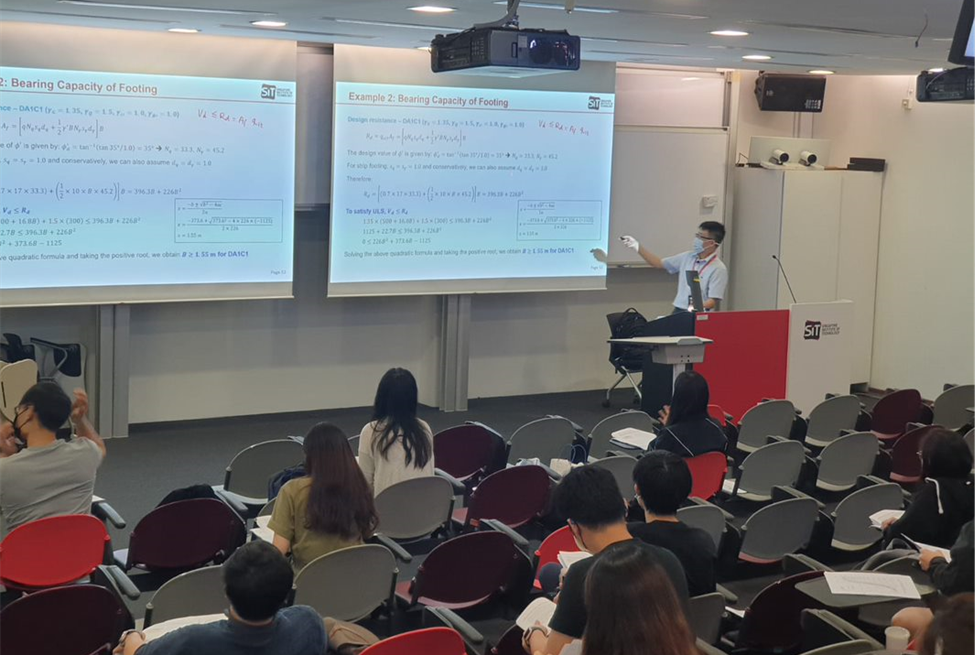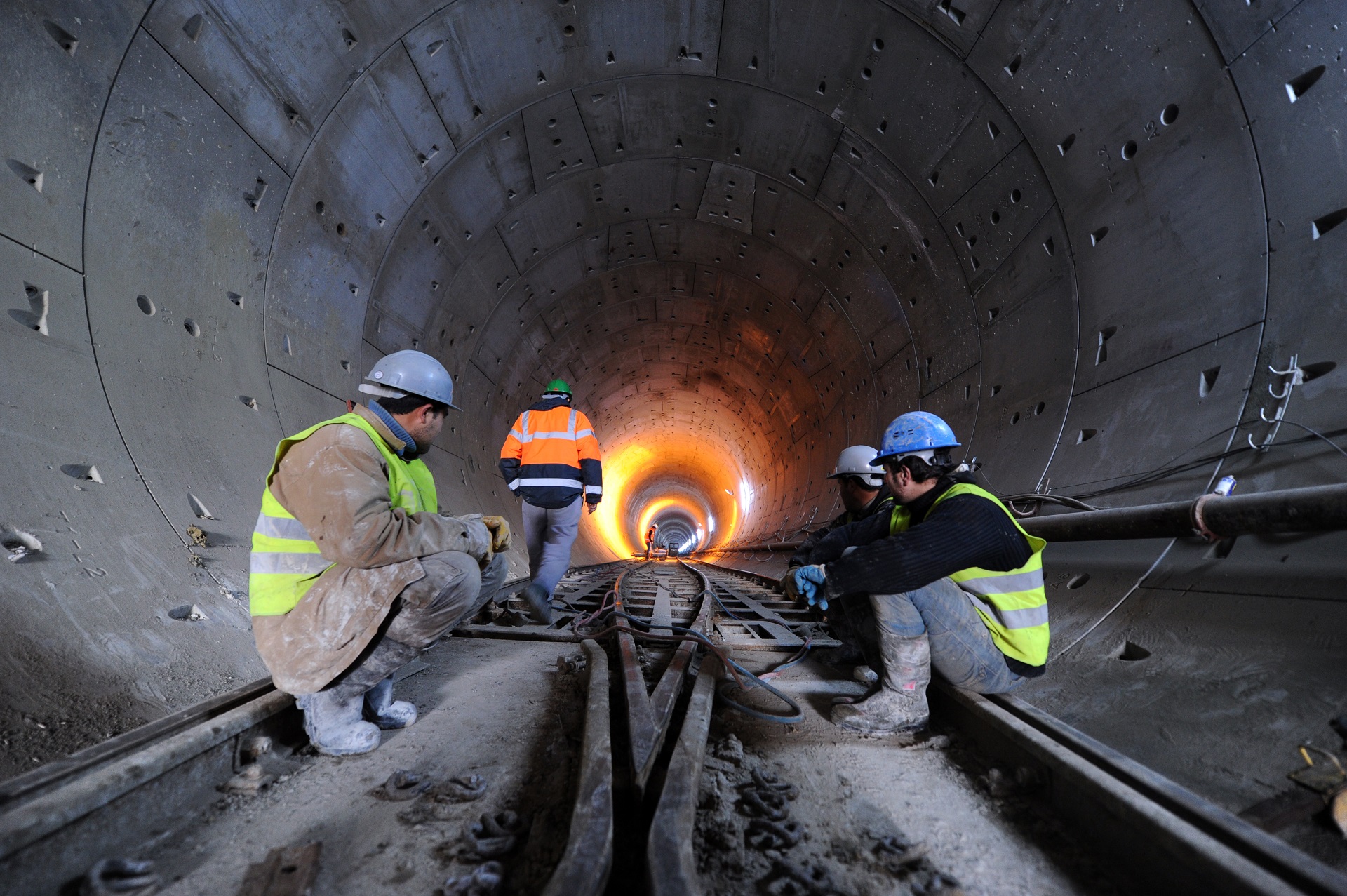
Course Overview
This module is part of an updated learning pathway stackable towards a Graduate Certificate in Structural Engineering and SIT’s Master of Science in Civil Engineering.
This module will provide students with knowledge of advanced mechanics of materials, including the principal stresses and strains in 2D and 3D state; failure criteria to judge the failure conditions and fundamental concept for fatigue and facture of metals.
- Several emerging materials suitable for civil engineering projects will also be introduced.
- In-depth knowledge will be provided for advanced fiber reinforced plastics and their application; high performance concrete, low embodied carbon concrete and steel fiber reinforced concrete; as well as high strength reinforcement bars and modern high performance structural steels
- Students will learn the manufacturing technology, mechanical properties, applications and issues with those emerging materials.
Who Should Attend
- Civil Engineers, Site Engineers, Field Engineers, Project Engineers
- Construction Managers
Prerequisites
- Candidates should possess a Bachelor's degree in Civil Engineering
What You Will Learn
Advanced Mechanics of Materials
- Understand the principal stresses and strains in 2D and 3D state
- Be able to apply the common failure criteria to judge the failure condition of various materials
- Be able to assess the fatigue and fracture resistance of steel structures
Fiber reinforced plastics
- Understand the mechanical properties of fiber reinforced plastics in comparison to metals and be able to tailor the mechanics properties for stiffness and strength
Concrete material
- Understand the properties of concrete constituent materials, fresh and hardened concrete, high performance concrete, and steel fiber reinforced concrete
- Understand the concept of embodied carbon and cement replacement materials for sustainable construction
High performance steel
- Understand the manufacturing technologies and behaviour of modern high performance structural steels, steel-concrete compatibility and the effects of welding on the mechanical properties.
Teaching Team

Zhao Mingshan
Assistant Professor, Engineering, Singapore Institute of Technology

Christopher York
Associate Professor/Prog Leader, Engineering, Singapore Institute of Technology
Schedule
| Week | Topic |
|---|---|
| Week 1 | Stress and strain analysis in 2D and 3D state |
| Week 2 | Failure Criteria |
| Week 3 | Stress concentration, fatigue, and fracture mechanics |
| Week 4 | Introduction to fiber reinforced plastics |
| Week 5 | Fiber reinforced plastics properties in comparison to metals |
| Week 6 | Mechanical tailoring of FRP properties for strength and stability |
| Week 7 | Break |
| Week 8 | Concrete constituent materials; properties of fresh concrete; hydration and microstructure formation of concrete |
| Week 9 | Durability of concrete; embodied carbon; cement replacement materials for sustainable construction |
| Week 10 | Evaluation of concrete structures; high performance concrete; steel fiber reinforced concrete |
| Week 11 | Steel-concrete compatibility; high strength reinforcement bars for RC structures |
| Week 12 | High performance structural steels; effects of welding; fatigue resistance |
| Week 13 | Latest development of construction materials |
Total course contact hours: 36 hours.
Certificate and Assessment
A Certificate of Attainment will be issued to participants who:
- Attend at least 75% of the module; and
- Undertake and pass credit bearing assessment (worth 6 credits) during the module, which can be stacked towards the Graduate Certificate in Structural Engineering
Participants who meet the attendance requirement but do not pass the assessment will receive a Certificate of Participation.
Fee Structure
The full fee for this course is S$3,606.88.
Note: Fees above include GST. GST applies to individuals and Singapore-registered companies.
Frequently Asked Questions
-
What is the prerequisite knowledge for the course?
Students should be familiar with basic geotechnical engineering design methods and rules from Eurocodes.
-
Is any software required for the course?
Any analysis software used will be provided as part of the course.
Course Runs
New Engineering Micro-credentials Launching Soon!
Exciting news! We are introducing new micro-credentials in Electrical and Electronic Engineering & Infrastructure and Systems Engineering. Be among the first to know by registering your interest today! Register now →




